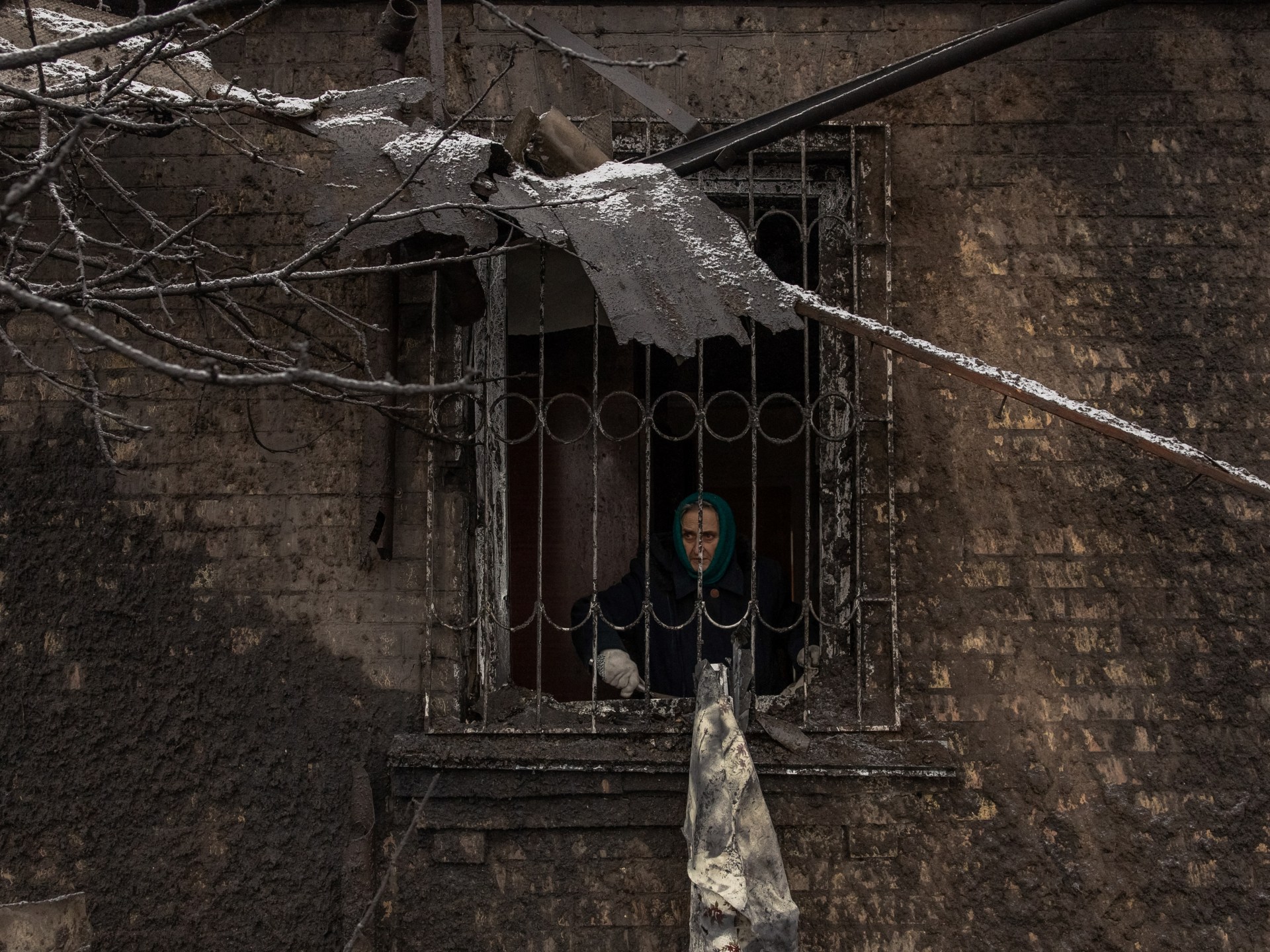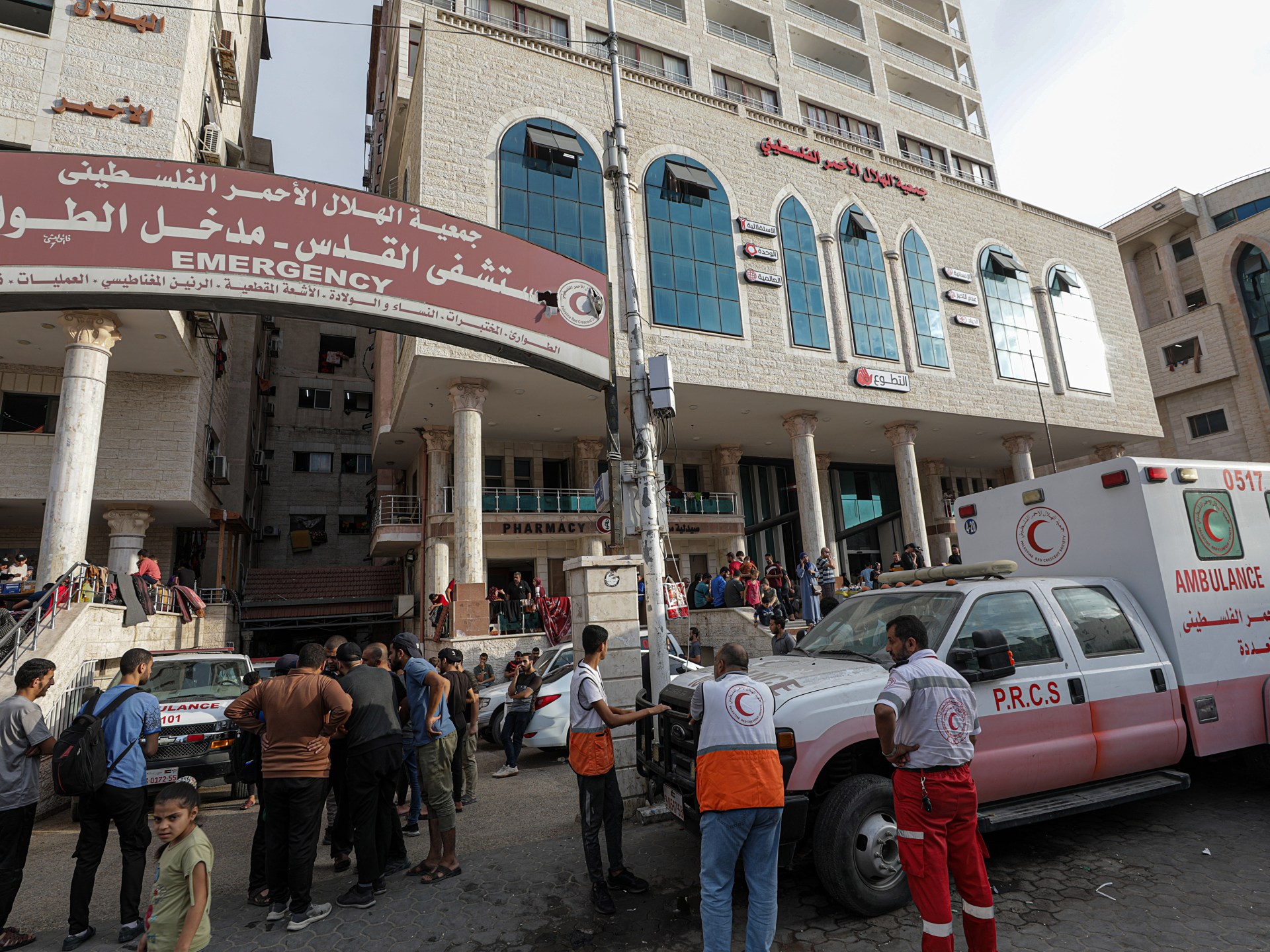
South Africa's ruling African National Congress (ANC) lost its majority in elections this week for the first time since the end of apartheid, a major setback for the party that liberated the country from white minority rule.
The ANC, which has ruled the country since 1994, has begun closed-door negotiations with other parties to form a governing coalition – something it has never had to do before. But analysts say the party's losses and the pressure it will face from potential alliance partners also cast a shadow over the future of the man the ANC had hoped would lead it to another term: President Cyril Ramaphosa.
With almost all votes countedThe ANC has won about 40 percent of the seats, followed by the main opposition party, the Democratic Alliance, with 21 percent. In third place is the great success story of the election: former President Jacob Zuma's uMKhonto we Sizwe (MK) party, which devastated the ANC's core electorate, appears poised to form government in KwaZulu Natal province and could be decisive in whether the ANC forms the next government under Ramaphosa. The MK party has won almost 15 percent of the national vote and 45 percent of the vote in KwaZulu Natal, Zuma's home province.
The MK, whose top leadership — including Zuma himself — made up of many politicians with ANC roots, has ruled out a deal with the ruling party unless it sacks Ramaphosa first. After leading the ANC to its worst-ever election result, Ramaphosa will face intense pressure to resign, analysts say.
“They have lost the majority, and they have lost it by a large margin,” said Richard Calland, Africa director at the Cambridge Institute for Sustainability Leadership. “This is a very significant defeat.”
The ANC remains South Africa's largest political grouping and it is almost impossible to form the next government without the party, so it will be able to push ahead with coalition negotiations, Callard said. “The question is whether Ramaphosa will lead those negotiations or whether he will resign or be removed in a very short space of time.”
These questions are exacerbated by the limited options available to Ramaphosa and the ANC as they attempt to form a governing coalition.
Zuma vs. Ramaphosa: A bitter story
If the ANC and MK were to join forces, they would have a clear majority in Parliament. The ANC's support would also help the MK pass the halfway mark in KwaZulu-Natal, giving Zuma's party a chance of forming a government on its first attempt: the party was only formed late last year.
But according to analysts, that is easier said than done.
The decline in the ANC's vote is due to the deterioration of public infrastructure, social inequalities and rising crime. South Africa has highest unemployment worldwideat 33 percent, and youth unemployment is at 45 percent. Repeated power outages have paralyzed the economy.
Ramaphosa and other ANC officials were also embroiled in personal corruption scandals; the president even faced a vote of no confidence due to allegations of misconduct.
But the ANC's 17 percent loss of votes since the 2019 election, when it received 57 percent, is also due to the rise of Zuma's MK.
Although Zuma personally appointed Ramaphosa as his then deputy president, the two have since fallen out. Their dispute dates back to 2018, when Zuma was forced by the ANC to resign as party leader and president because several corruption scandals he was stuck.
Ramaphosa, who stepped in as party leader and president, set up a commission of inquiry into Zuma and described his former boss's presidency as years of corruption and waste. Zuma, in response, made countless digs at the president and the ANC in public statements.
Last December, Zuma backed the new opposition MK party while continuing to claim to be part of the ANC, leading to his suspension. Analysts predicted at the time that Zuma planned to challenge Ramaphosa and split the ANC vote in this week's election by exploiting his loyal voter base in KwaZulu-Natal. He has now made good on that threat.
“It's about 'unfinished business' between the two, as President Ramaphosa has said,” said Sanusha Naidu, an analyst at the Institute for Global Dialogue. “Zuma believes he needs to be compensated for the corruption allegations. He feels the institutions are against him. The MK does not see the ANC under Ramaphosa as a credible, legitimate organisation.”
A difficult coalition
Despite being responsible for the ANC's steep decline, Ramaphosa was – at least until recently – the party's most popular face. In internal ANC polls in March, the politician was the most popular among major party leaders, even ranking higher than the ANC itself. That makes it harder for the party to replace him, analysts say.
Ramaphosa, a former trade union leader, one-time protégé of Nelson Mandela and wealthy businessman, is praised by his supporters for his unwavering pragmatism and for polishing South Africa's image around the world as a champion of the disadvantaged in the countries of the “global South”.
His presidency was particularly praised for supporting the Palestinians and bringing a historic genocide trial against Israel at the International Court of Justice over the war on Gaza. This month, the International Court of Justice ruled that Israel must halt its military assault on Rafah in southern Gaza – a requirement of international law that Israel has ignored and continued its attacks on the Palestinian town.
Instead of the MK a Grand coalition with the DA could offer both the ANC and South Africa a more stable governing alliance, analysts say. That won't be easy. Critics of the DA have accused it of pandering to the interests of the country's white minority, and the party is a staunch critic of the ANC and Ramaphosa. Before the election, it promised to “save South Africa from the ANC” and pledged never to form a coalition government with it.
Now, however, the government has indicated that it is no longer ruling out any options. And analysts say a merger between the ANC and the DA could be the best option for the country at the moment. It would unite the nation and boost investor confidence in Africa's most advanced economy.
“There are deep differences between the two, but they are not insurmountable,” says Ebrahim Fakir, an analyst at the Electoral Institute for Sustainable Democracy. “This gives the ANC a better chance of stability and of rehabilitating hollowed-out government institutions – even if only in the short term.”
Another possibility, Fakir said, would be a national unity government in which all parties with more than 10 percent of the vote would be given cabinet posts. That is the kind of government that Nelson Mandela led when he took office in 1994.
In any case, there will be challenges, Fakir warned. “If the ANC chooses the DA or a national unity government, the different parties will try to undermine or expose each other. So both pose dangers,” he said.
Meanwhile, the ANC must consider another factor in its own leadership calculations, says Naidu of the Institute for Global Dialogue: Will removing Ramaphosa from power actually help the party recover?
“Even if Ramaphosa is forced to resign or feels he has to go, that does not solve the problem of stabilising the ANC or whether the party can put the country before itself,” Naidu said. “This is where we need that level of rationality and pragmatic thinking in the party.”
“It’s not just about what happens to Ramaphosa, it’s really about the country, the markets and most importantly the people.”






Recent Comments